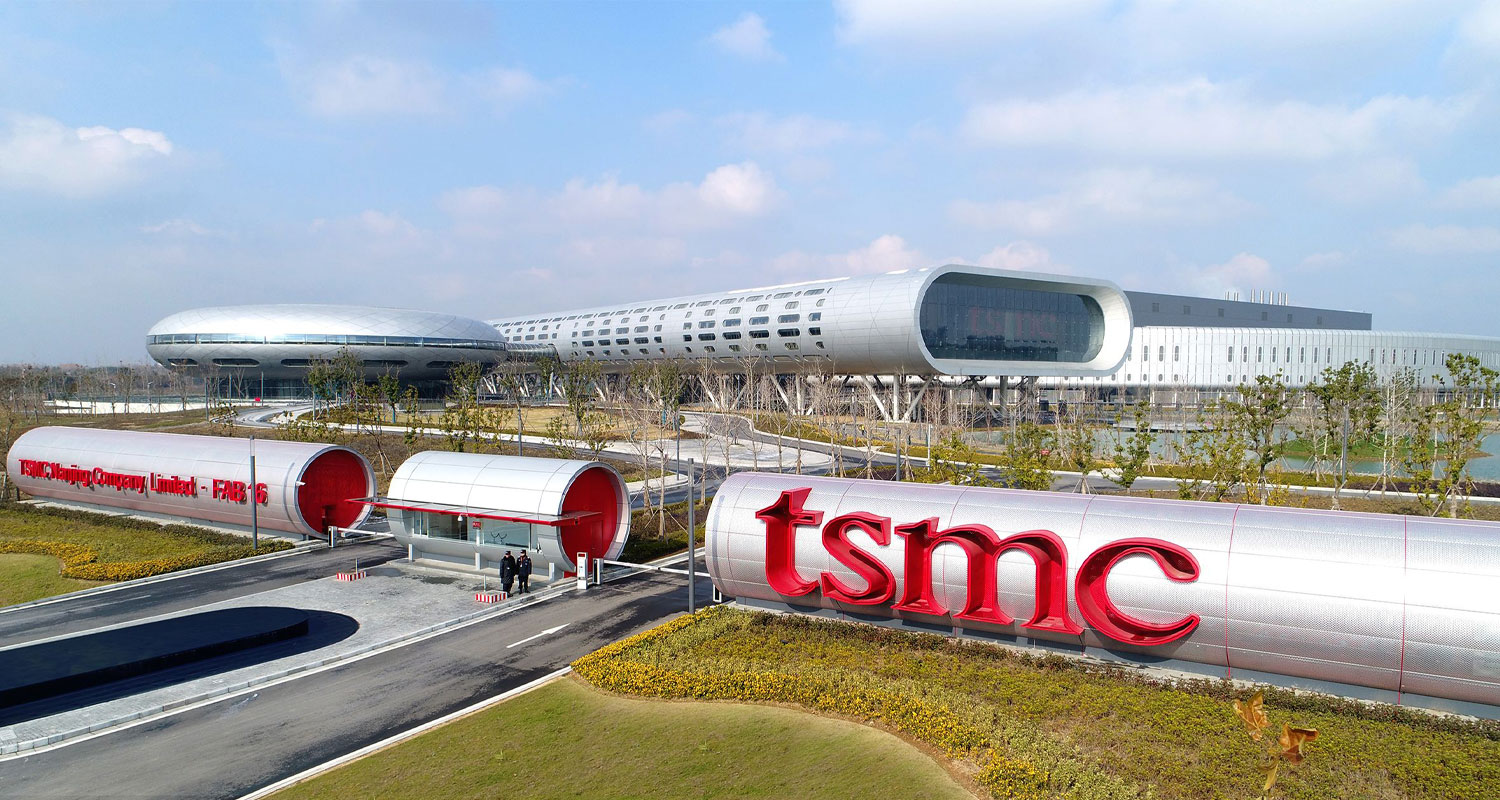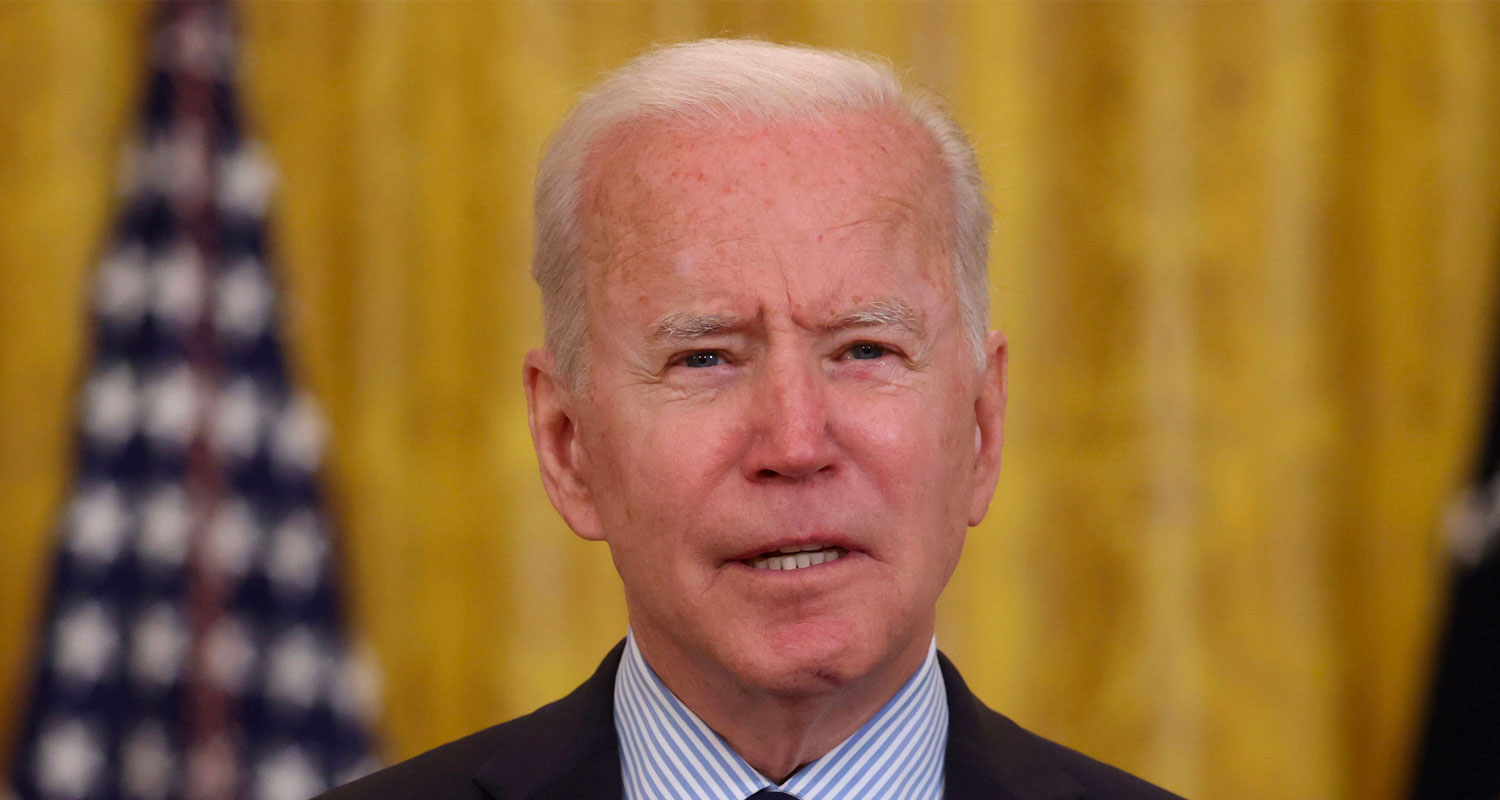
US President Joe Biden is so proud of TSMC’s new American facility that he went to Arizona to celebrate it. A US$40-billion figure tends to attract heads of state and corporate chieftains, with the chip factories TSMC is building there being hailed as the largest foreign direct investment in US history.
“Apple had to buy all the advanced chips from overseas,” Biden said at the plant outside Phoenix on Tuesday. “Now they’re going to bring more of their supply chain here at home. It could be a game changer.”
Unfortunately, Mr President, it won’t be a game changer.
Everything announced by TSMC this week was in line with long-term plans for the site. The amount of land it acquired indicates six distinct chip fabs. The first was announced in May 2020 and scheduled to begin operations in 2024. A $12-billion figure was put on that first instalment, which was a bit of a misnomer because it also included operational costs over nine years, not just the big-ticket capex number usually cited.
This week comes news of the second factory, which will start manufacturing in 2026, with the total budget now climbing to $40-billion. Expect announcements for third, fourth and maybe fifth plants in coming years.
Also keep an eye out for upgrades to the technology that will be deployed. Much was made of news that TSMC would manufacture at the 4-nanometre node (dubbed N4) in Arizona. At that time, 7nm was the most advanced available. A smaller metric means better technology, but thanks to Moore’s Law, industry advancements occur rapidly. The company’s timeline meant N4 would be available in Taiwan this year, two years before it would reach the US.
Still behind
This week, TSMC is lauding the fact that 3nm will hit Arizona in 2026, whereas that same technology is scheduled to be unveiled in Taiwan next year. In other words, the US will still be behind by two to three years, or one to two generations of chip technology.
No less important is capacity. TSMC’s Arizona fabs will produce 600 000 wafers annually. That sounds impressive, but it’s really not. The Taiwanese company topped 14.2 million last year and is on track to churn out 15.4 million 12-inch wafers loaded with chips this year. If it keeps the same average capacity growth of 8.1% it achieved over the past five years, Arizona will account for just 2.85% of its 21 million annual global output in 2026.
That’s a drop in the bucket, not a game changer.
US companies accounted for 64% of TSMC’s revenue last year. Apple alone contributed 26%. Taking into account higher prices for newer technologies and the fact that Apple is the key buyer of advanced nodes, the iPhone maker likely bought as much as 20% of TSMC’s capacity. To supply just Apple, the Taiwanese firm would need to expand its US footprint by a further seven times if the Cupertino company was to fully source its chips from home soil. That’s just not going to happen.
Then there are all the other US companies — such as Nvidia, Qualcomm and AMD — that want to show off American-made chips. To entirely satisfy the US appetite for chips from local facilities, TSMC would need to spend around $1-trillion.

TSMC’s latest announcement offers something for everyone. Biden is selling it as a vote of confidence in the nation’s hi-tech workforce, ignoring the fact that TSMC founder Morris Chang has poured cold water on the US’s ability to compete.
“There’s a lack of manufacturing talents to begin with,” Chang told The Brookings Institution earlier this year. “We did it at the urging of the US government, and we felt that we should do it.”
Apple CEO Tim Cook was quite transparent in his enthusiasm for TSMC’s new fabs. The company develops its own semiconductor designs and sends them to factories in Hsinchu, Taichung and Tainan in Taiwan for manufacturing. As previously predicted, Arizona serves as a marketing win for the Californian company: “Now, thanks to the hard work of so many people, these chips can be proudly stamped ‘made in America,’” he said.
Proponents of this project, and of government incentives used to secure these factories, will note that even a small amount of leading-edge chip making on home soil is better than nothing. That’s somewhat true, but it also leaves the US exposed to tensions between China and Taiwan.
Read: Warren Buffett’s investment firm takes big stake in TSMC
Research, development, planning and operations will all remain in Taiwan. Should Beijing decide to attack, those functions will cease at least temporarily, if not permanently. This would mean cutting TSMC Arizona off from all the crucial know-how it needs to run the minuscule capacity it has on US soil. With the chip industry moving at breakneck speed, it wouldn’t be long before thousands of jobs and billions of dollars in infrastructure in Arizona would be at the mercy of a war 11 000km away.
It may indeed be the case that TSMC’s $40-billion spending bill is the largest foreign direct investment, but that’s still not enough to ensure the US builds itself a self-sufficient semiconductor industry. It just buys bragging rights. — (c) 2022 Bloomberg LP

